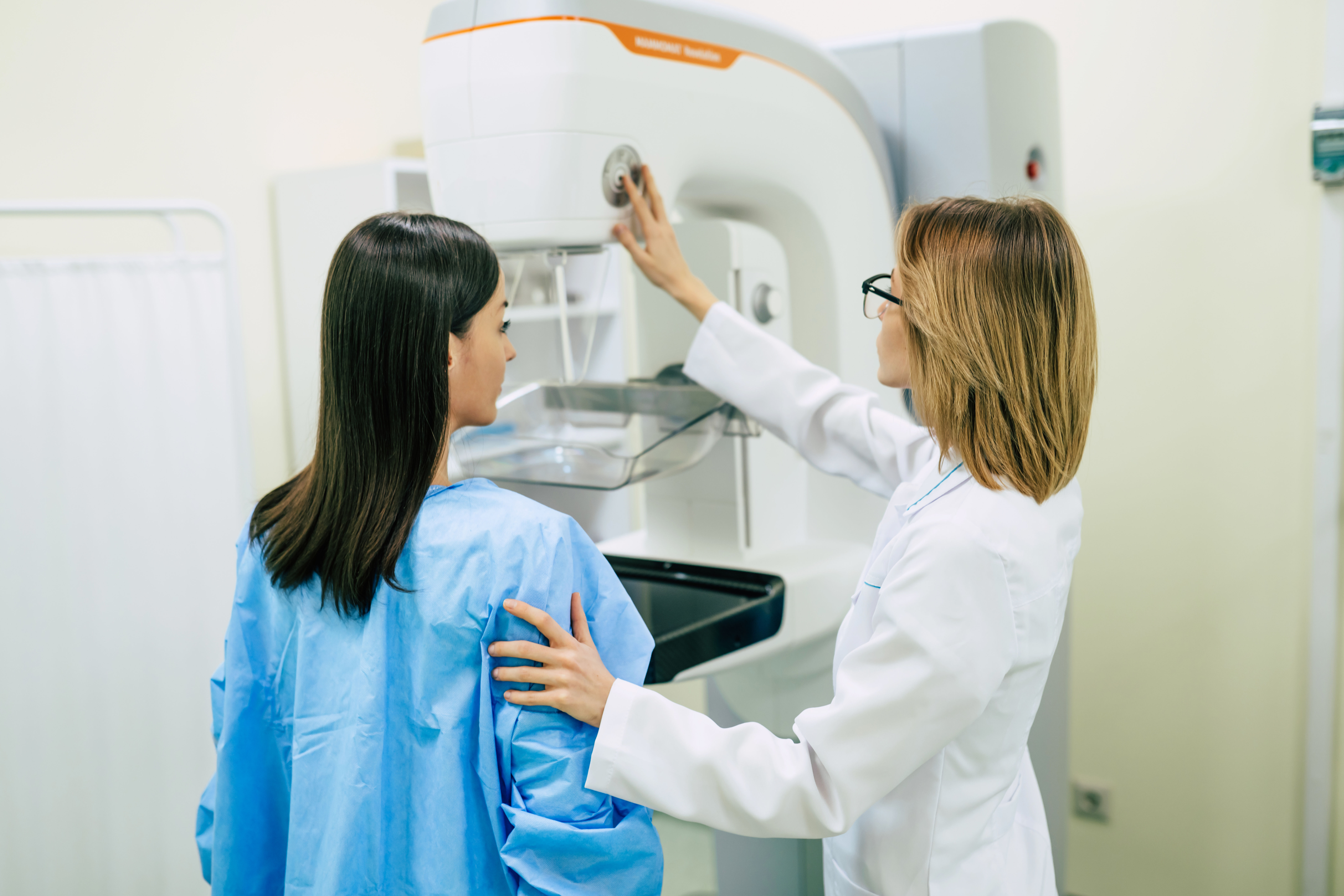This content is provided by MedStar Washington Hospital Center.
A study in the journal Menopause linked infertility to some midlife menopause symptoms. The findings – published in September – showed that women with infertility had greater chances of experiencing sleep issues, depression and irritability. It followed almost 700 women for an average of 18 years.
In the U.S., more than 12 percent of couples experience fertility issues, and more than 7 million women of reproductive age have been treated for infertility.
Dr. Mary Melancon, an obstetrics and gynecology specialist at MedStar Washington Hospital Center said fertility issues are becoming more prevalent.
“The total fertility rate is declining, worldwide, particularly here in the U.S. One in nine women will experience some form of infertility throughout their reproductive lifetime, so we’re only going to see this becoming more prevalent,” she said.
About one third of the study’s participants reported experiencing infertility higher than the national average of about 19%. She expects the study to shape the way medical professionals treat patients dealing with menopause and fertility.
“Going forward, we as providers will look more critically at whether that patient may have experienced infertility in the past.
Dr. Melancon said a patient’s reproductive history plays a role in how they experience menopause.
“When you reach menopause – which in and of itself is a transitional time in a woman’s reproductive life cycle – that alone can cause different situations, such as anxiety and stress. And if a woman has experienced infertility, that can compound that,” she said.
At MedStar Health Women’s Health Centers, every patient is screened for anxiety and depression. MedStar Health offers several treatment options to address infertility or symptoms of menopause.
Overall, 85% of women report various menopause symptoms, such as depression, anxiety, hot flashes and vaginal changes.
Dr. Melancon said doctors pay attention to the development of depression and anxiety in patients.
“When we see it developing related to the menopause or in close proximity to the menopause, then one has to think that perhaps it may be more related to those hormonal changes versus, say a much younger woman who still is experiencing regular menses,” she said. You do have to take into consideration that the woman in menopause is experiencing different medical changes within her body.”
In menopause, a drop in estrogen and testosterone levels and testosterone levels can cause mood, cognitive and sleep symptoms. But long-term stress related to infertility can cause hormonal fluctuations that result in similar symptoms. Fortunately, there are several effective treatments for these symptoms.
An estrogen patch is one way Dr. Melancon treats depression related to menopause. Antidepressants, and psychotherapy are other treatment options.
There are several medications that can be used to treat infertility including clomiphene citrate and letrozole, which work by causing the ovaries to produce eggs.
Another option is intrauterine insemination or artificial insemination. In this procedure, prepared sperm cells are placed directly into a woman’s uterus. Sometimes, the treatment is combined with medications to promote ovulation.
Assistive Reproductive Technology is a treatment in which eggs or embryos are handled outside the body. Eggs retrieved from the patient’s ovaries are combined with sperm in a lab. Fertilized eggs are then returned to the woman’s body or given to another woman who will carry the baby.
Metformin is also used as a treatment, as it has been shown to improve fertility outcomes in females with insulin resistance.
In the future, Dr. Melancon said the findings from the study will serve as a tool in patient treatment.
“I think it’s great that this is now going to be more visible for us to use as a tool when we are talking to women in perimenopause and menopause and keep that forefront during our interview and our response to our patients.”
Read more about menopause and infertility in a post by Dr. Melancon on the MedStar Washington Hospital Center website.







